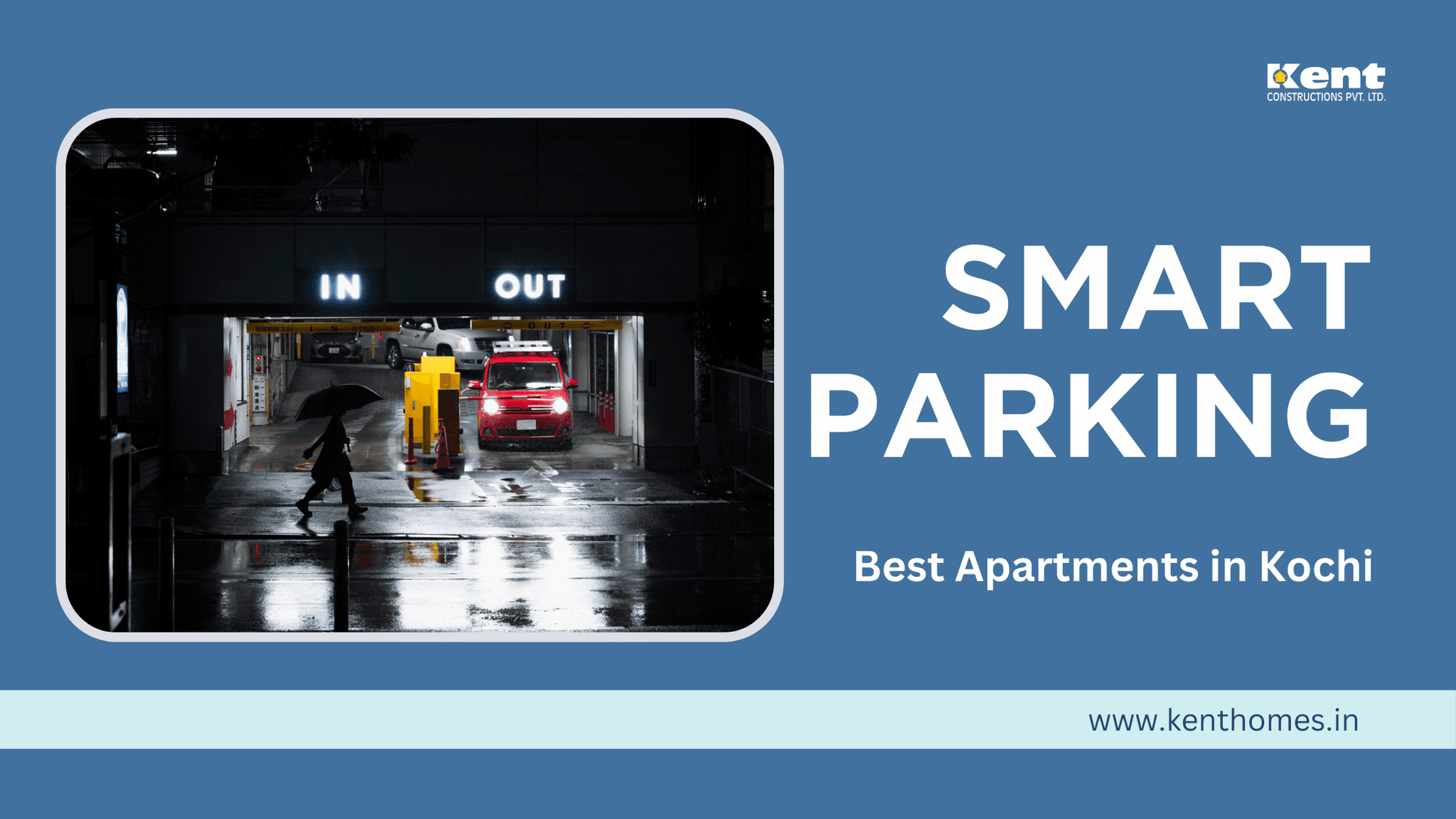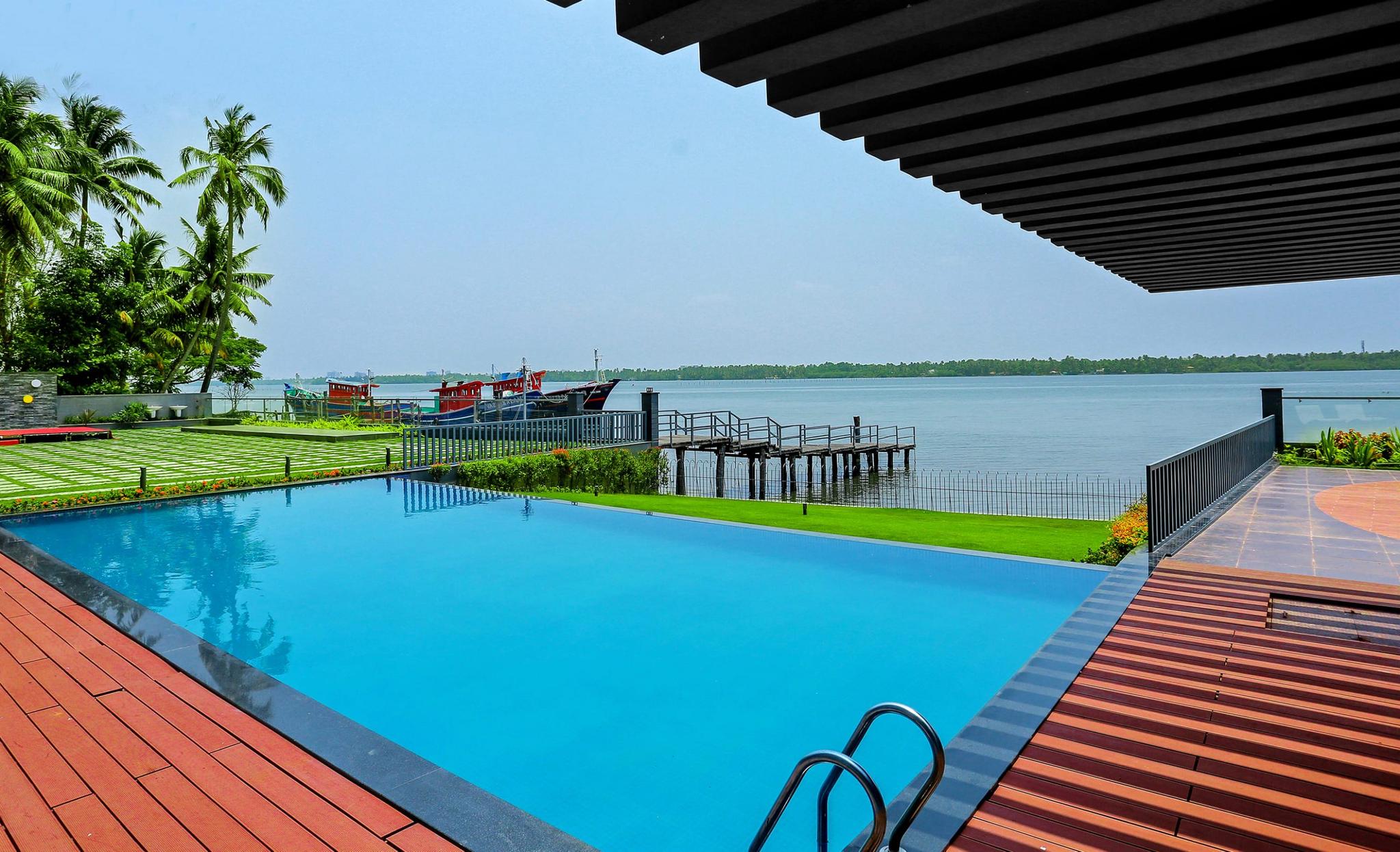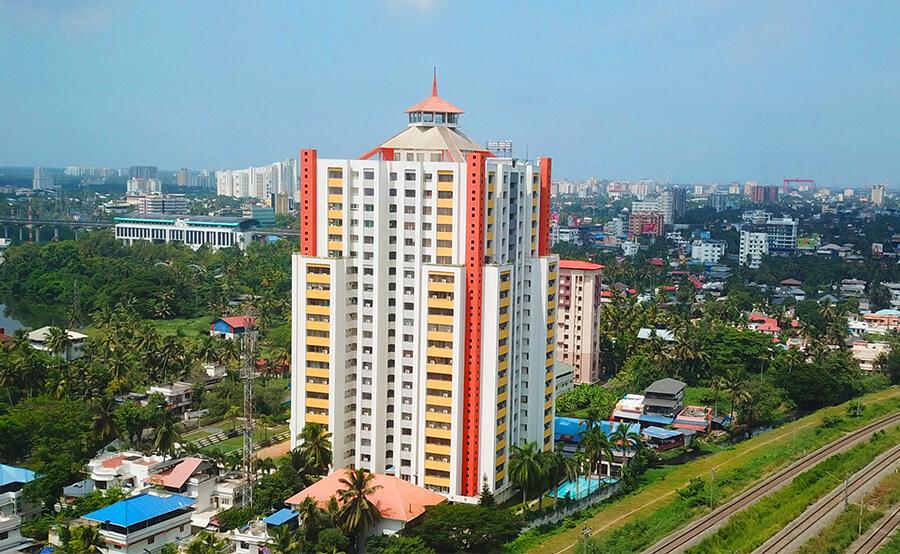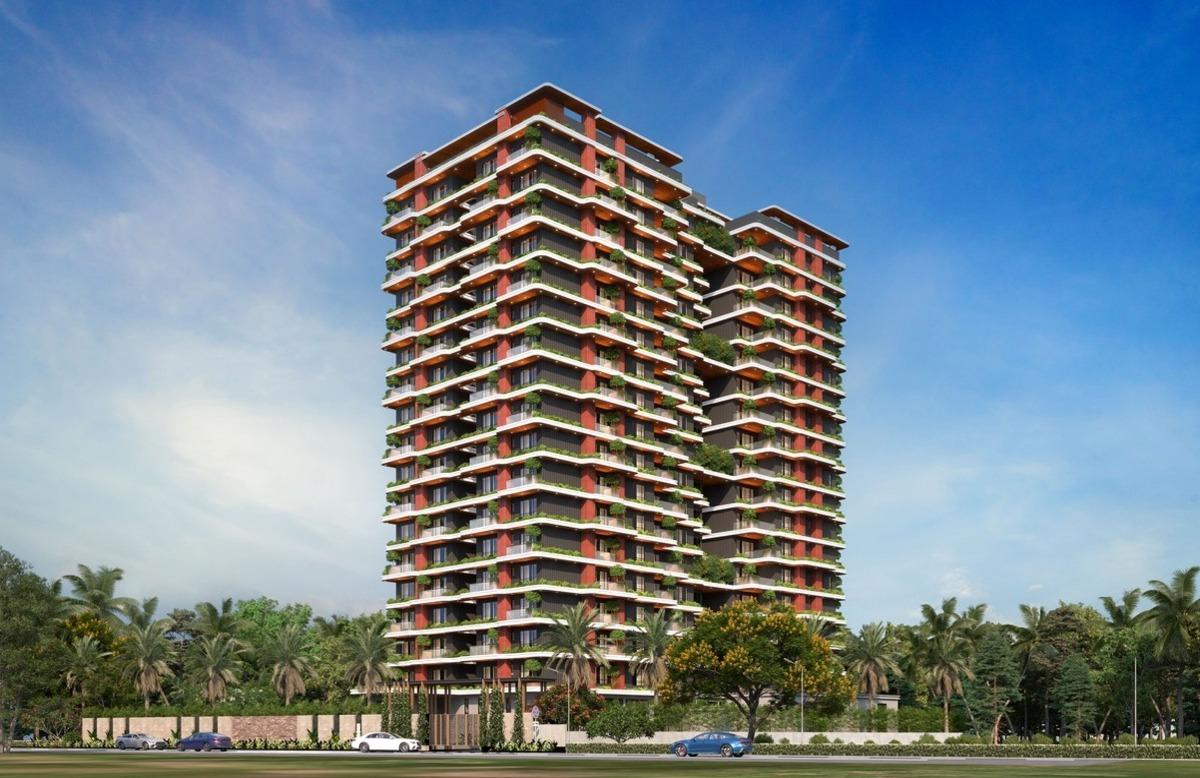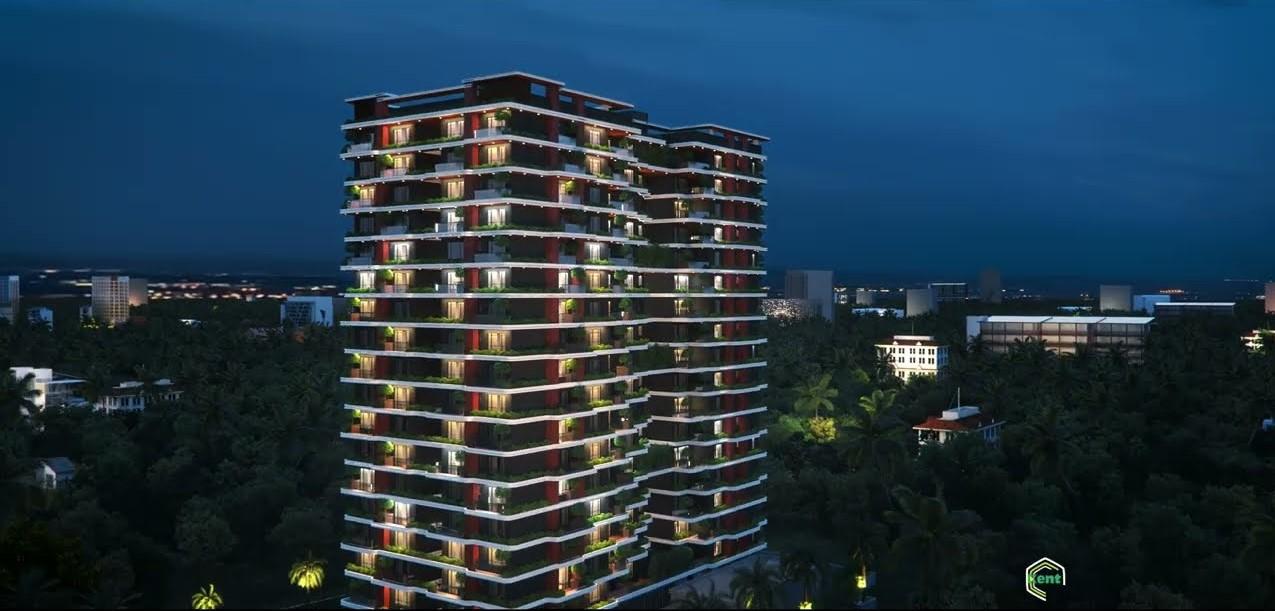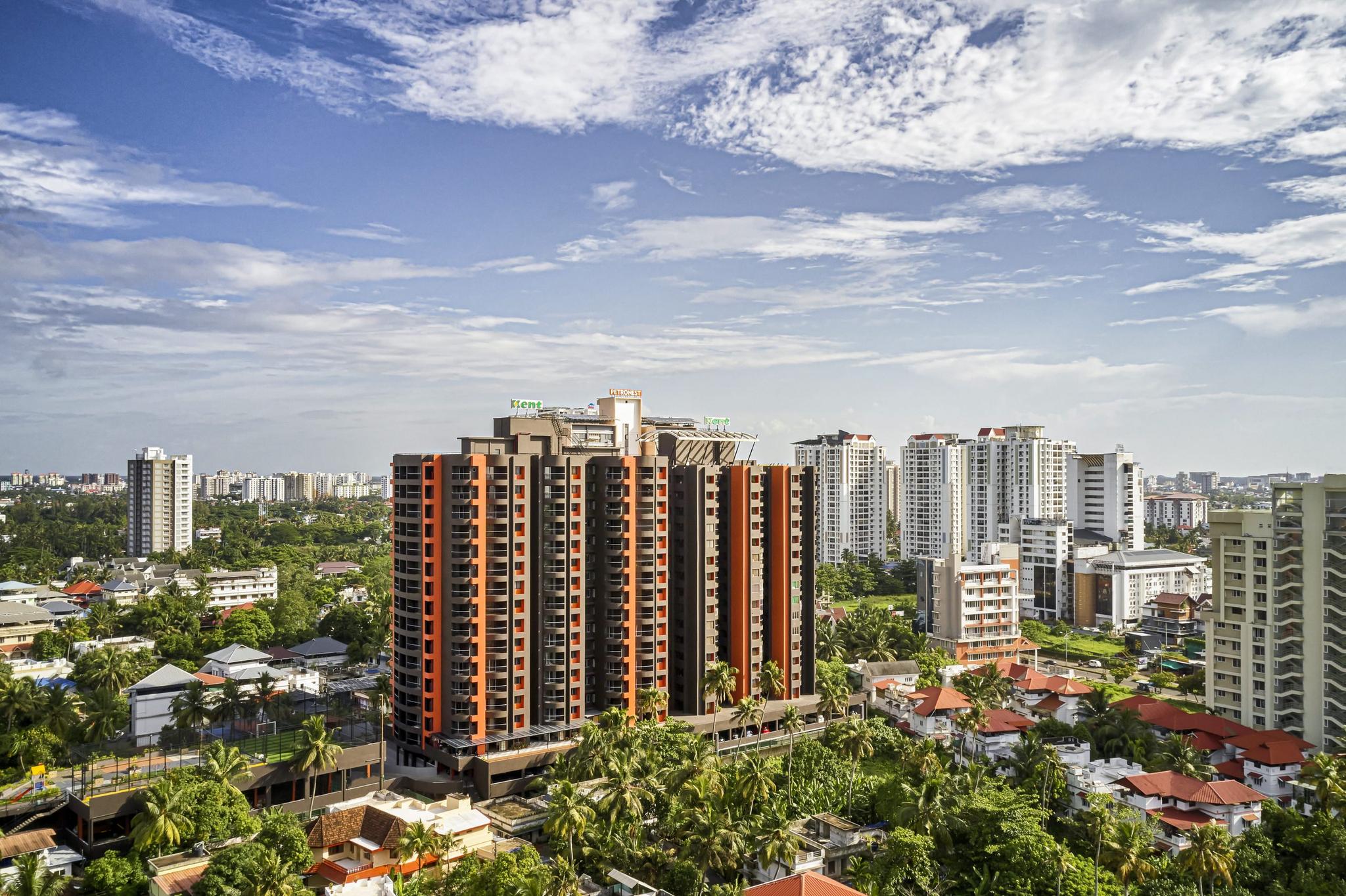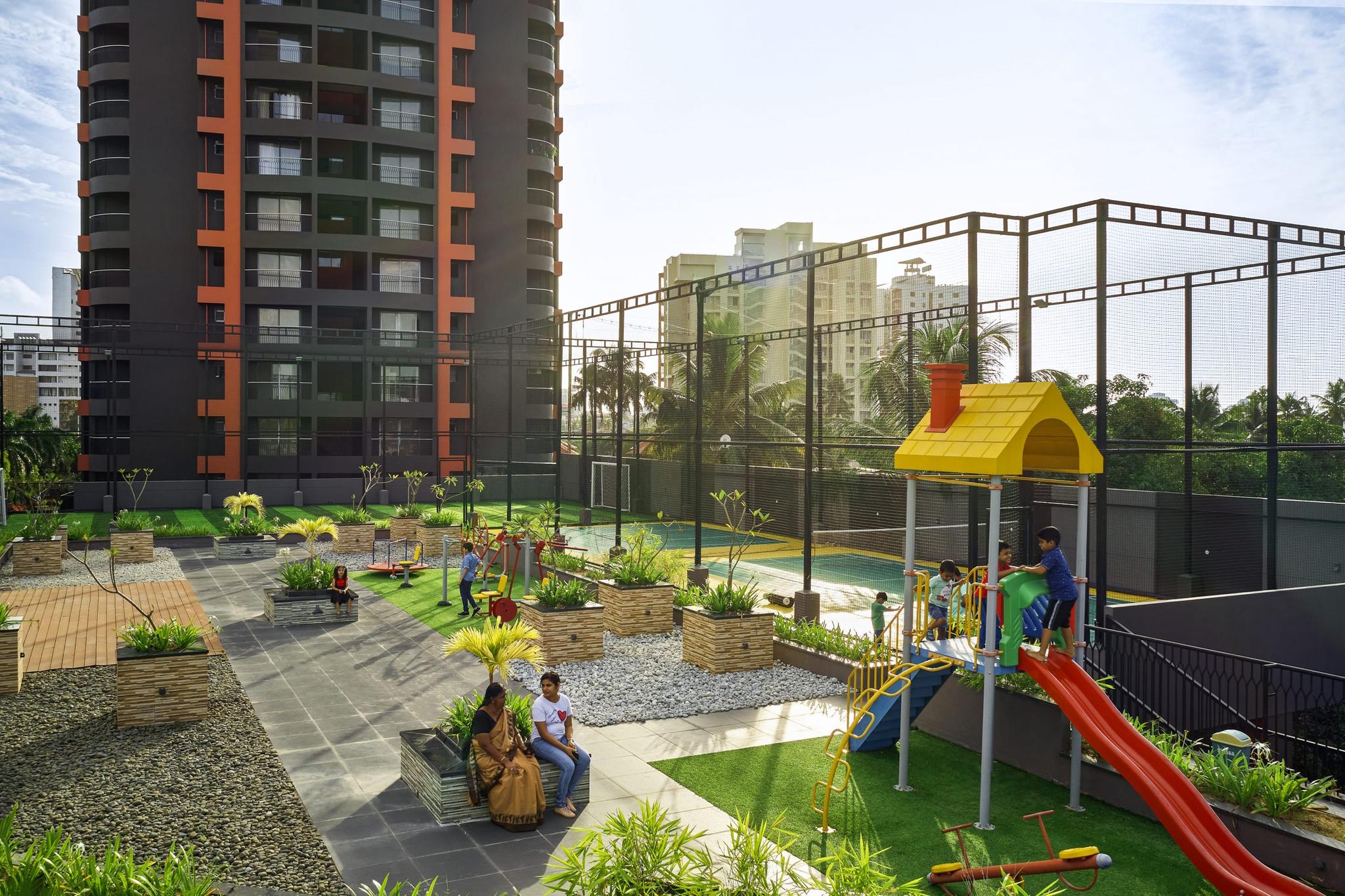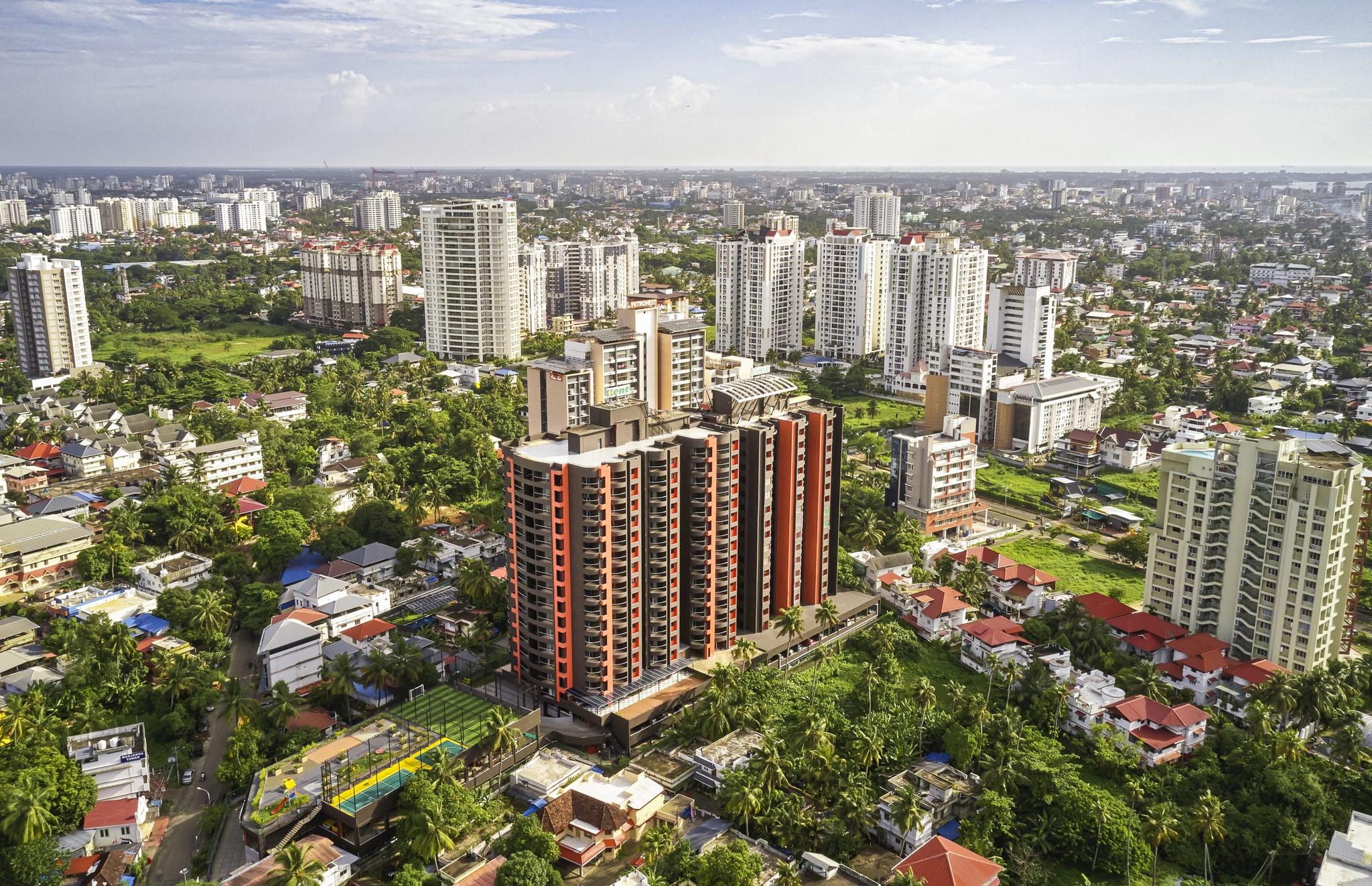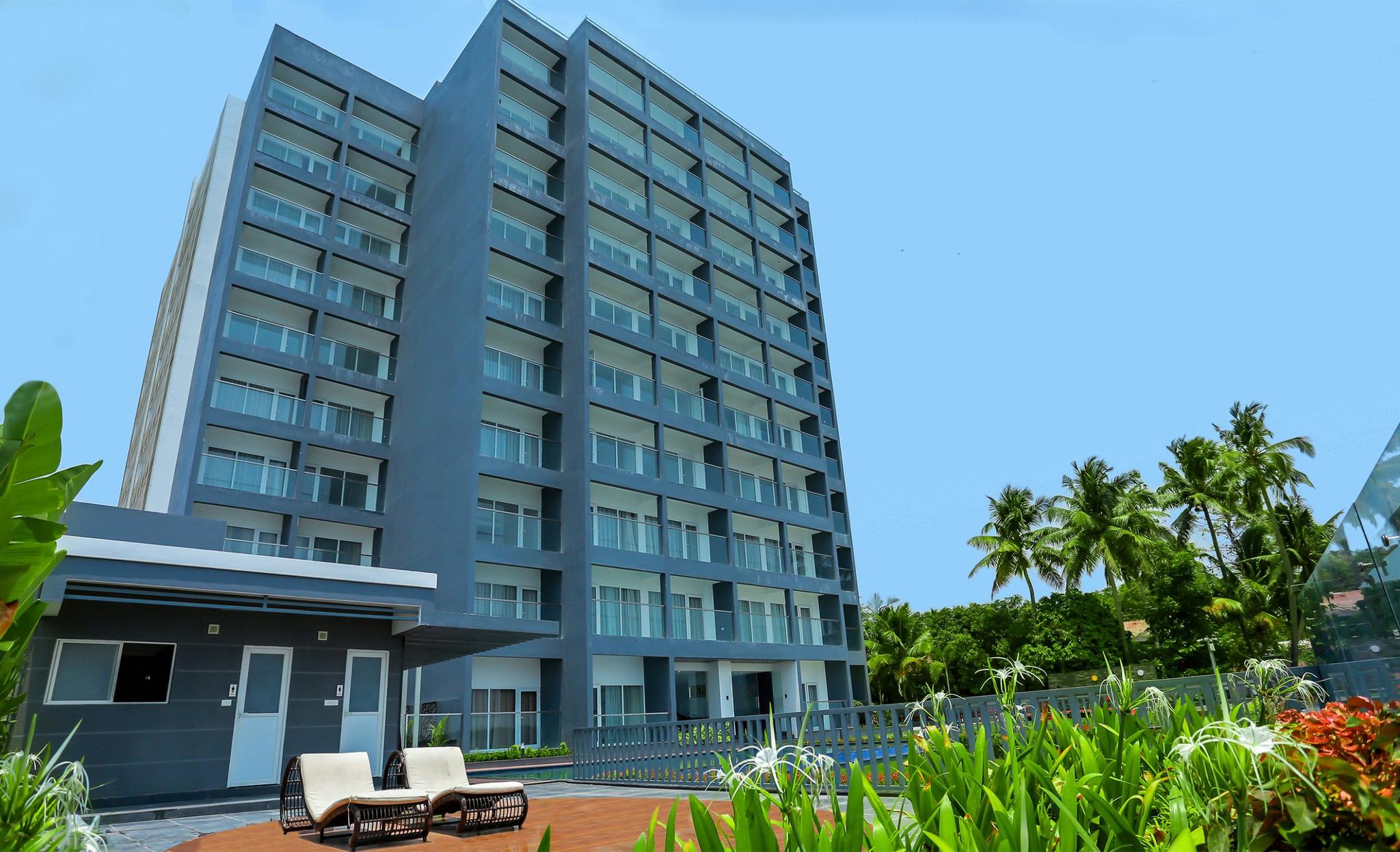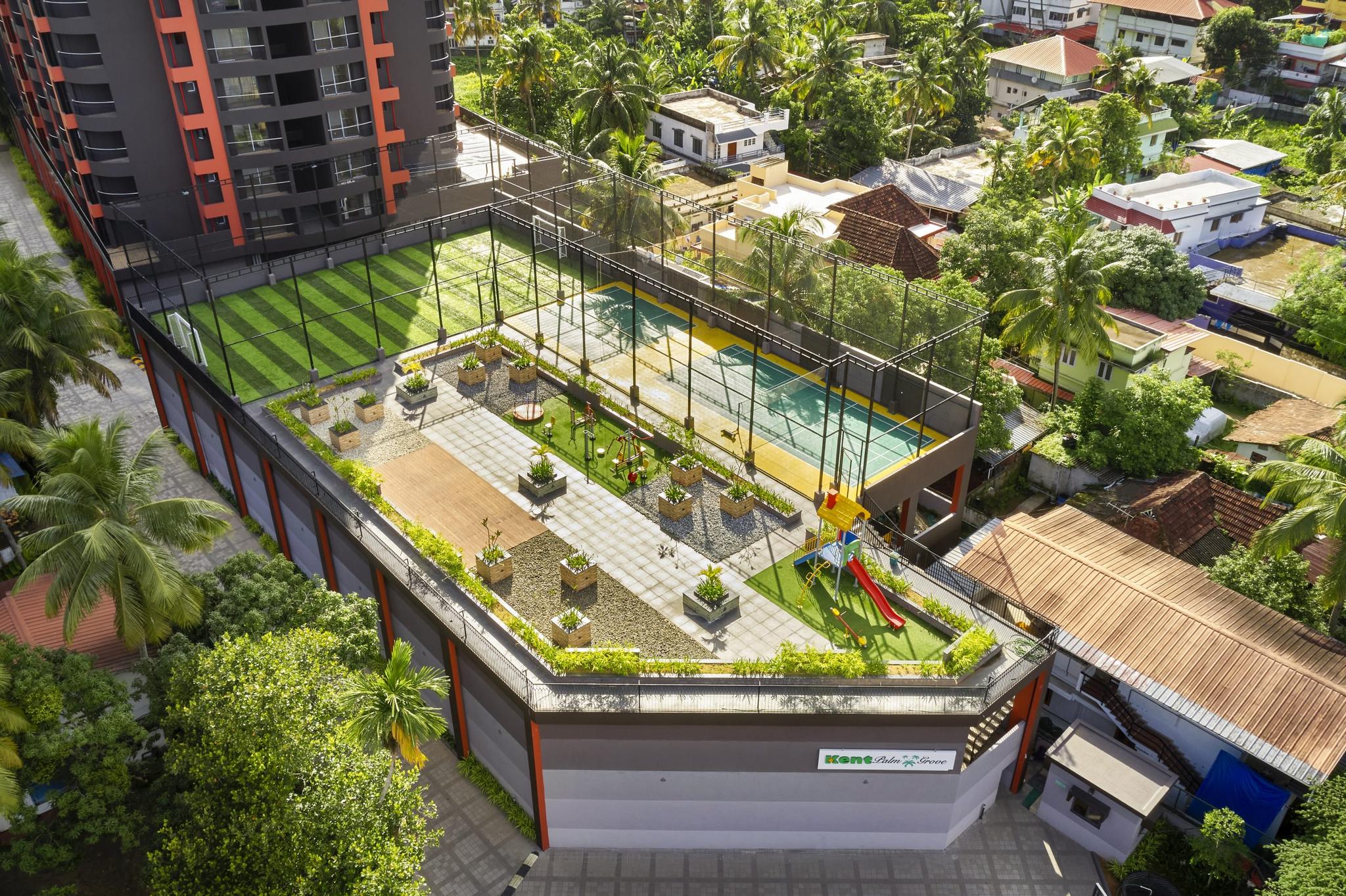
Do Builders in Kochi Face a Real Estate Bubble Risk?
October 20, 2024


Over the past decade, the Indian real estate sector has experienced remarkable growth, attracting a diverse range of investors, both domestic and international. This rapid expansion has led to concerns regarding the possibility of a bubble forming in the market. A bubble is defined by a rapid increase in property prices due to speculation, which can result in a market collapse when conditions change. This article will investigate whether the Indian real estate market is genuinely at risk of such a bubble, examining the factors that have contributed to rising prices and assessing the market's long-term viability. Many builders in Kochi are responding to market demands by developing innovative projects. Additionally, there are numerous premium apartments for sale in Kochi that reflect this growth. Kent Constructions, with its deep understanding of the Kochi market, is dedicated to monitoring these trends closely to provide valuable insights for potential buyers and investors.


Characteristics of a Real Estate Bubble
A real estate bubble is usually formed when property demand experiences a dramatic increase due to speculative activities, which leads to inflated market prices. This increase in demand is commonly not based on actual value and is based on the expectation that prices will keep rising, thus creating a cycle of unsustainable growth. When market conditions eventually change, demand decreases, leading to a crash in property prices and leaving investors with properties that are worth considerably less than their original investment. The growth of the Indian real estate market, particularly in major cities, led to discussions about whether this growth is genuine or largely a result of speculative investments. To evaluate the possibility of a bubble in India, it is crucial to examine the key factors that are driving the market.
Current Market Conditions: Boom or Bubble?
The rapid urbanization occurring in India serves as a crucial factor in growth within the real estate sector. India’s urban population is expected to reach 600 million by 2031, leading to a considerable demand for housing in major cities like Kochi. This demand is not a result of speculation; it is based on the real necessity for housing, as people move to urban areas in search of better job opportunities and an improved quality of life.


Housing Affordability and Demand
One of the primary indicators of a potential bubble in the Indian real estate market is the affordability of housing. In various global real estate bubbles, including the U.S. housing bubble of 2008, prices reached levels that were not feasible for the average buyer. In India, although property prices in specific cities have risen, they remain within the financial capabilities of many middle-class buyers.
Challenges Facing the Market
While the overall market seems stable, particular regions within the Indian real estate landscape have shown signs of speculative activity. In metropolitan areas where land availability is limited, property prices have experienced significant increases, leading to concerns about overvaluation. Additionally, some projects remain unsold, which raises the question of whether these markets may undergo a correction in the near future. External economic factors have a considerable impact on India’s real estate market. Global economic slowdowns, inflation, and rising interest rates can influence buyer sentiment and demand. In particular, higher interest rates may result in increased home loan costs, which could reduce the overall demand for properties.


How to Navigate the Market
First-time homebuyers should prioritize affordability and long-term value in their purchasing decisions. Buyers should look for properties in areas with real demand, such as developing cities like Kochi, where infrastructure development and job opportunities are contributing to the growth of the real estate market. It is advisable for investors to focus on long-term growth instead of short-term financial gains. It is wise to avoid speculative markets that may be at risk of correction and instead invest in areas where demand is supported by population growth and economic development.
Conclusion
In conclusion, the Indian real estate market is not a bubble but a sector that is experiencing real growth, influenced by urbanization. Although some areas may see speculative buying, the market as a whole is supported by a genuine demand for housing and infrastructure. As one of the best real estate developers in Kerala, Kent Constructions is dedicated to constructing high-quality residences that satisfy the demands of buyers and investors in developing cities like Kochi. As the market continues to develop, it is essential for buyers and investors to keep themselves updated and to make strategic choices that align with their long-term goals, thereby ensuring their success in a stable and expanding real estate landscape.






























